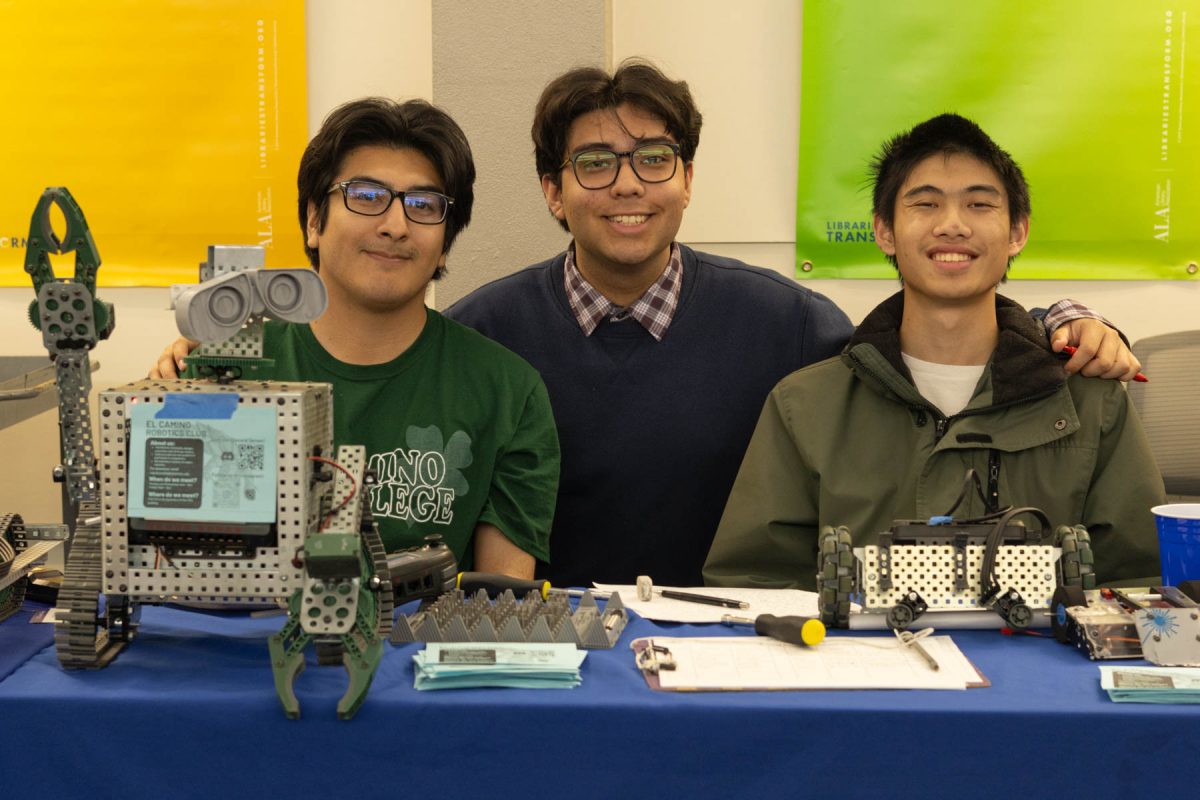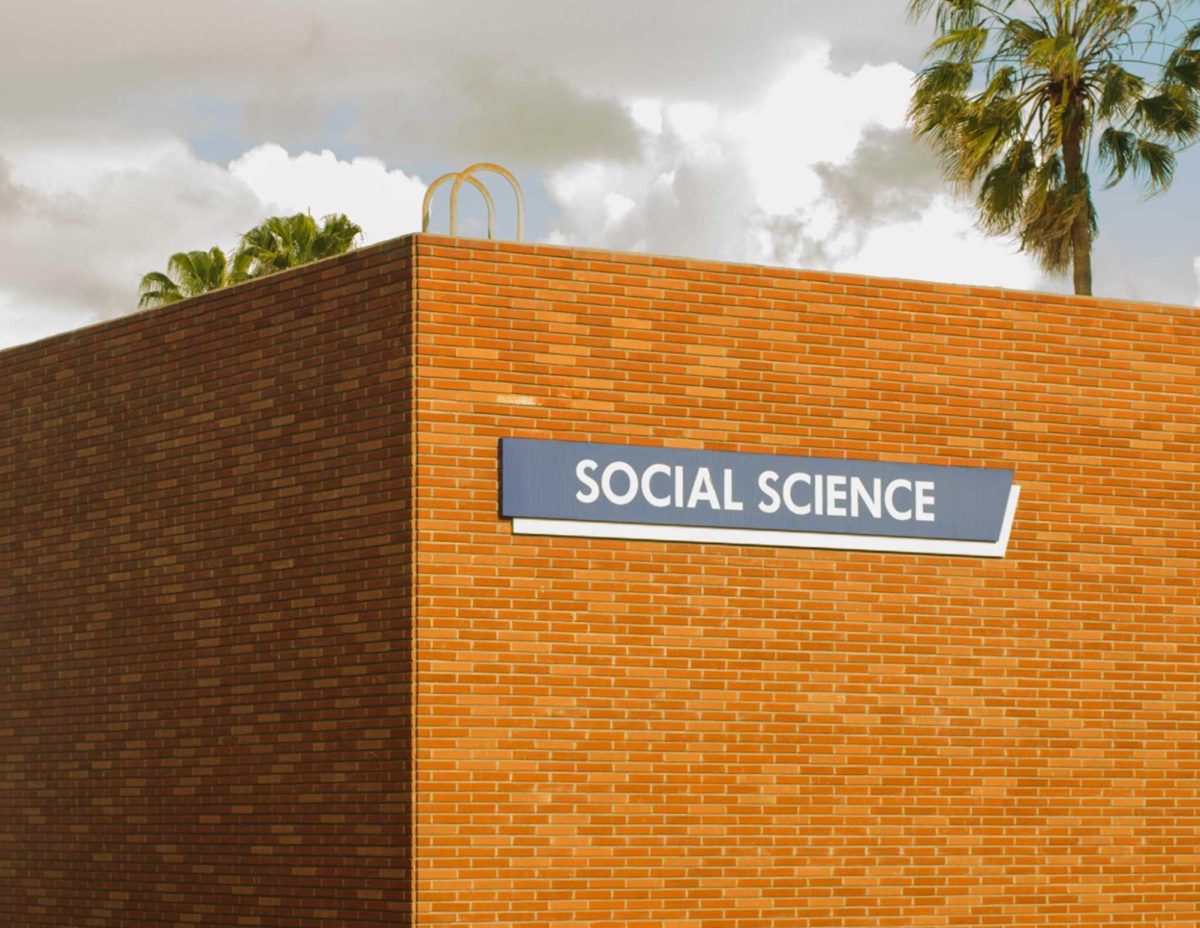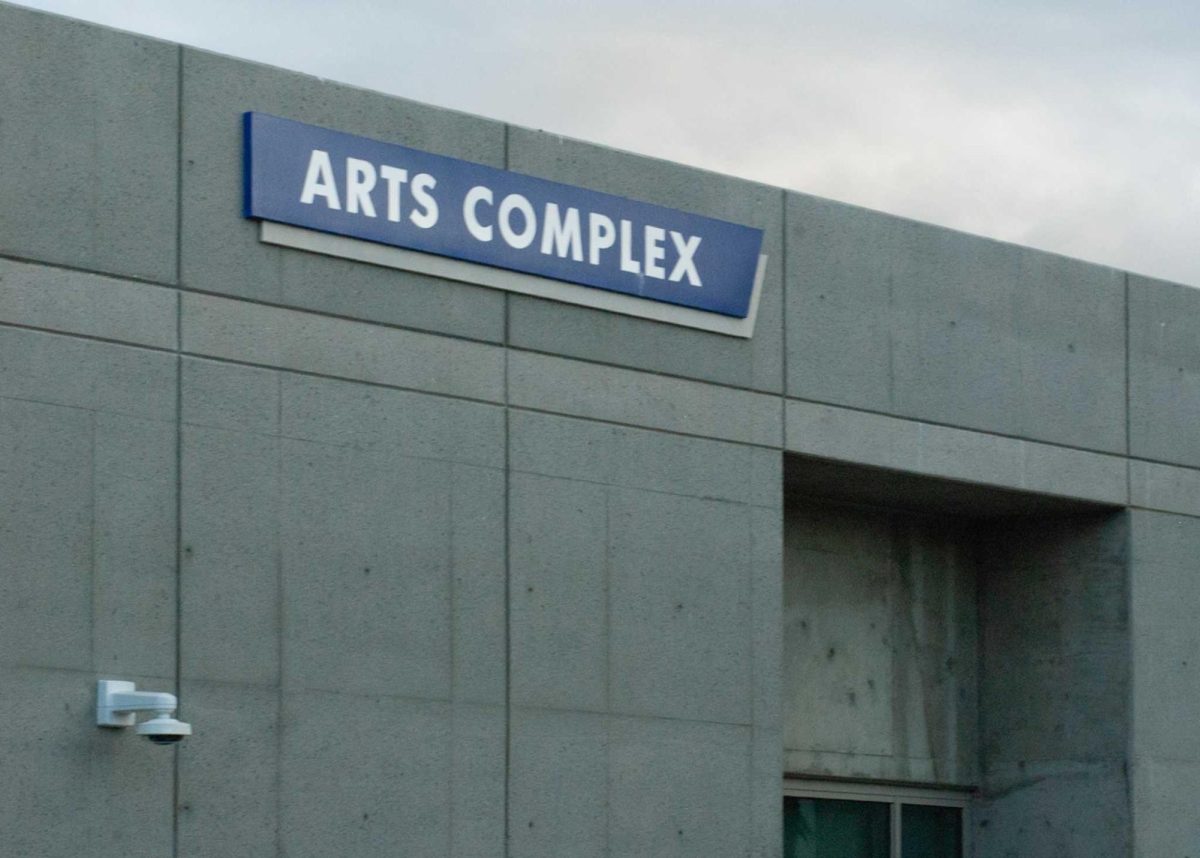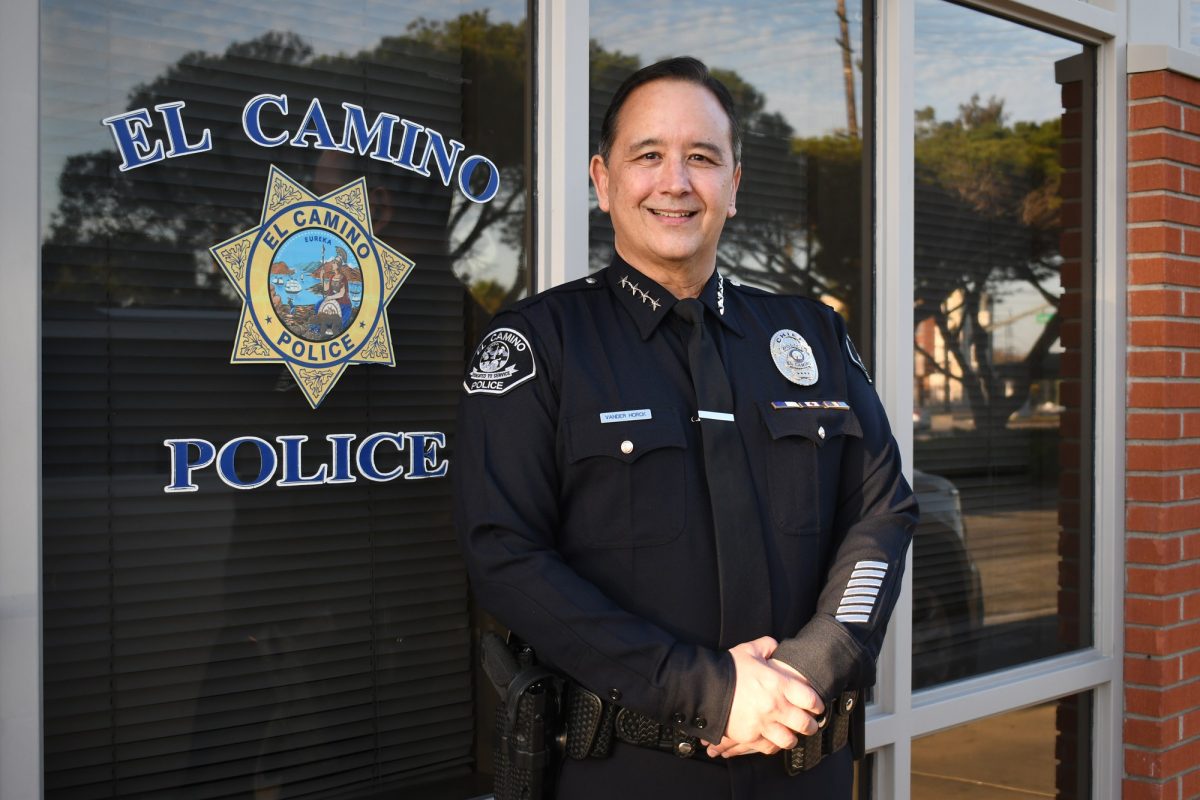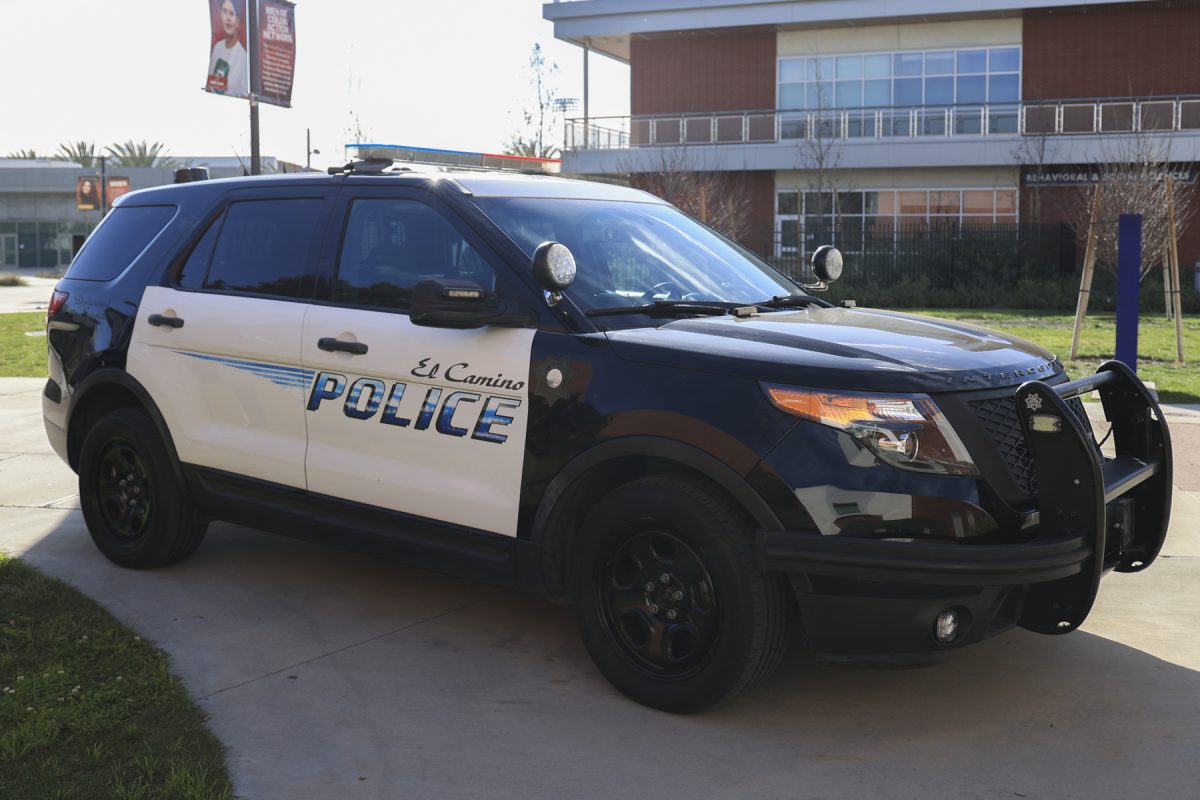A resolution of no confidence in the collegial consultation process was discussed at the April 17 Academic Senate meeting. The senate believes the administration is not including the campus community in key discussions, as is required by law, ignoring collegiate consultation and not working in unison with the Academic Senate. This Resolution of No Confidence in the Implementation of the Collegial Consultation Process at El Camino College, is the result of years of frustration with a poor and deteriorating collegial consultation process on the EC campus.
Faculty members who engage in campus-wide committee work and have assumed leadership positions find that their expertise in academic and professional matters often is not sought or goes unheeded, confounding their attempts to work on behalf of student success.
“In our resolution we have evidence going back to 2004 and sooner that shows faculty has been frustrated by the administration’s lack of responsiveness to faculties concerns regarding academic professionalism,” Christina Gold, president of the Academic Senate said.
Although the infrastructure of collegial consultation exists at EC, its operation does not effectively honor faculty primacy in academic and professional matters and is hindered by poor communication and a lack of transparency in decision-making by administrative leadership, Gold said.
“President Fallo and Vice President Arce have chosen to disregard collegiate consultation,” Lance Widman, vice president of finance and special projects, said. “They are saying little and doing little.”
Both Fallo and Arce were unavailable for comment.
Students agree with the senate. Joshua Casper, student trustee, has presented a Student Resolution of No Confidence to students for consideration.
“I have no faith in the administration and it’s gotten worse since I’ve gotten here.” Alex Gonzalez, 19, business major said, “The Academic Senate and students are talking but the administration isn’t listening.”
According to the college’s Board Policy 2510, “if the District Governing board of trustees disagrees with the recommendation of the Academic Senate, representatives of the two bodies shall have the obligation to
meet and reach mutual agreement by written resolution, regulation, or policy of the Governing Board.”
The Academic Senate, convinced that the policy is not being satisfied, has created a 16-page document outlining what they say are multiple examples of failed or non-existant collegial consultation.
“Things can change but only if the administration is replaced.” Nancy Banuelos, 20, undecided said. “The administration is stubborn.”
California Education code defines the “10 plus one” items that the senate is given the right to participate in the governing of the college.
They are: Curriculum; degree and certificate requirements; Grading policies; Educational program development; standards and policies regarding student preparation and success; faculty roles in district governance and accreditation; policies for faculty development; and any other academic or professional matter designated through mutual agreement.
Some members of the campus community say that the administration’s silence speaks volumes
“If the administration did want to solve the conflict they would reach out,” Sky Andrade, 20, psychology major said.
As stated in the senate’s constitution, the Academic senate has two purposes.
The first is to provide an organization through which the faculty will have the means for full participation in the formulation of policy on academic and professional matters relating to the college.
The second purpose of the Academic Senate is to facilitate communication among faculty, administration, employee organizations, bargaining agents and the EC board of trustees.
The issue of collegiate consultation has been a concern for several years on the senate level, which prompted the body to act.
“Either the administration doesn’t care or they aren’t working efficiently with the Academic Senate,” Ivan Alcantar, 19, music major said.
While the senate looks to solve the collegiate consultation problem through the Community College League of California and Academic Senate of California Community Colleges (ASCCC/CCLC) technical assistance program, President Tom Fallo said in an informal presentation that he didn’t think those measures were necessary to take.


